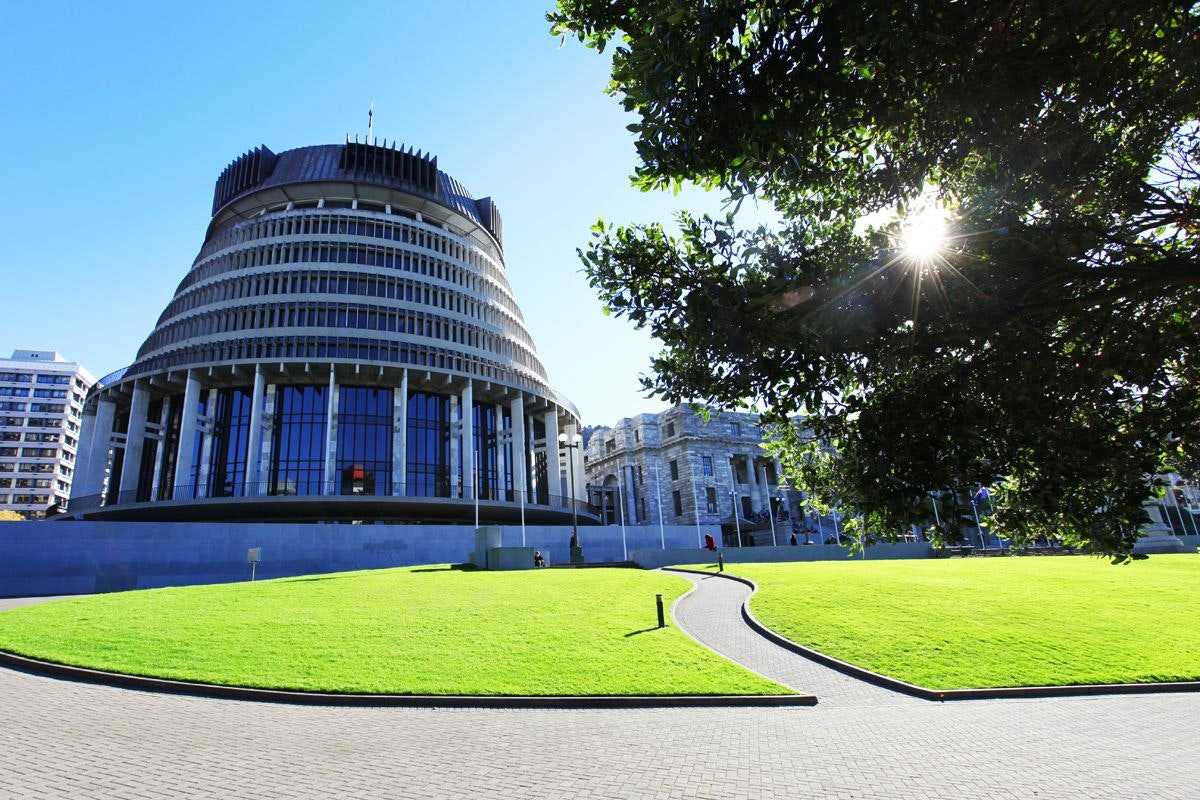New Zealand Finance Minister Bill English presented this year’s budget last week. Sticking to a similar theme to the previous years’ budgets, the focus was on infrastructure, healthcare, social investment, the environment and a welcome increase to science and innovation funding.
“Responsible fiscal management has been the hallmark of this Government’s previous seven Budgets. Budget 2016 continues this approach." - Finance Minister Bill English
Spending is set to increase significantly from $1 billion to $1.6 billion, helped by a heavy decrease in allowances from $2.5 billion to $1.5 billion.
Winners
“A strong economy allows us to invest more in priority public services such as increased access to next-generation medicines, more elective surgeries and schools, and vital social services such as emergency housing...” - Prime Minister John Key
- Infrastructure
Inland Revenue gets a $1 billion funding injection to revamp their online platform over the next 4 years.
- Healthcare
District Health Boards receive $400 million per year for the next four years to support their growing operations.
Pharmac, the state pharmaceutical subsidiser, receives $124 million over 4 years to compensate for the expanding list of publicly-funded treatments.
In total, around NZ$2.2 billion has been earmarked for extra health spending over the next three years, including a national bowel screening program.
- Social Investment
$652 million has been earmarked for social investment targeted at disadvantaged children and youth at risk of long-term welfare dependency.
Vulnerable children at risk of under-achieving will see $6 million per year be put towards improving their access and quality of education.
- Innovation and Technology
New science and technology initiatives have $411 million allocated for investment.
A $761 million innovation package to encourage entrepreneurship, skills and economic growth, boosting investment in science and innovation, tertiary education and apprenticeship programs.
- Environment
The big news is that the Emissions Trading Scheme (ETS), brought about to reduce costs for businesses during the financial crisis, is being phased out by the beginning of 2017.
Losers
- Carbon-emitters
Due to the phasing out of the ETS, business costs are set to rise for those with large amounts of carbon emissions.
- Smokers
Furthering the government’s commitment to curbing smoking, cigarette tax will rise 40% over 4 years, bringing the cost of a packet to $30, amongst the highest in the world.
- Urbanites
The budget addresses little of the traffic problems in major cities: funding for roading will be focused on rural areas.
Overall the budget paints a positive picture of the New Zealand economy with a decrease in unemployment, a strong export sector and an increase to forecasted incomes.
“The outlook for the economy is positive. Businesses are investing, job growth is solid and wages are rising faster than inflation.” - Finance Minister Bill English
With an election looming, attention will be on whether this year’s budget provides the incumbent National-led government room for tax cuts in 2017 to tempt the voters, pre-election.
